A beginners guide on how to become the President of Ireland
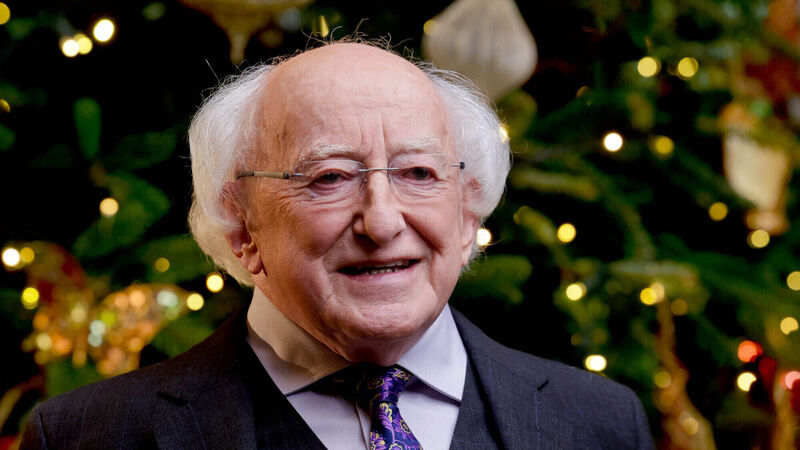
President Michael D Higgins has served two terms and remains popular.
SOyou want to be president of Ireland.
Fair play to you. Let’s hope your prospective employers have half as much of a welcome for you as you clearly have for yourself.
As with any job, there are a few questions you should probably ask before considering an application, such as: What is the job? What does it entail? Am I qualified? What does it pay, and what are the benefits? What’s the application process?
It’s remarkable how many candidates have put themselves forward for consideration, or have tried to, in recent presidential elections, without apparently having considered at least some of those questions.
The job is uachtarán na hÉireann, head of state and supreme commander of the Defence Forces, and it has a seven-year term for a maximum of two terms.
One of the first to declare an interest in running for president this time around has been mixed martial arts fighter Conor McGregor. In a High Court civil case last November, Nikita Hand won her claim for damages against Mr McGregor, after accusing the professional fighter of raping her in a Dublin hotel in December 2018. She was awarded more than €248,000 in damages.
Last year, on X, formerly Twitter, he declared himself “the only logical choice” for president, vowing that “these charlatans in their positions of power would be summoned to answer to the people of Ireland and I would have it done by day end. Or I would be left with no choice but to dissolve the Dáil entirely.”
“This,” Mr McGregor said, “would be my power as president.”
This, needless to say, would not be his power as president. Still, he got a one-word reply from Elon Musk — “Awesome” — which was probably more important to Mr McGregor than demonstrating his capabilities as a constitutional scholar.
The qualifications for the job are not specified, beyond that you must be an Irish citizen over the age of 35. You’d have the Council of State to advise you, but it’d probably help if you had a cool head and knew what the job you were applying for entailed.
Ceremonial
The Irish presidency is a largely ceremonial role.
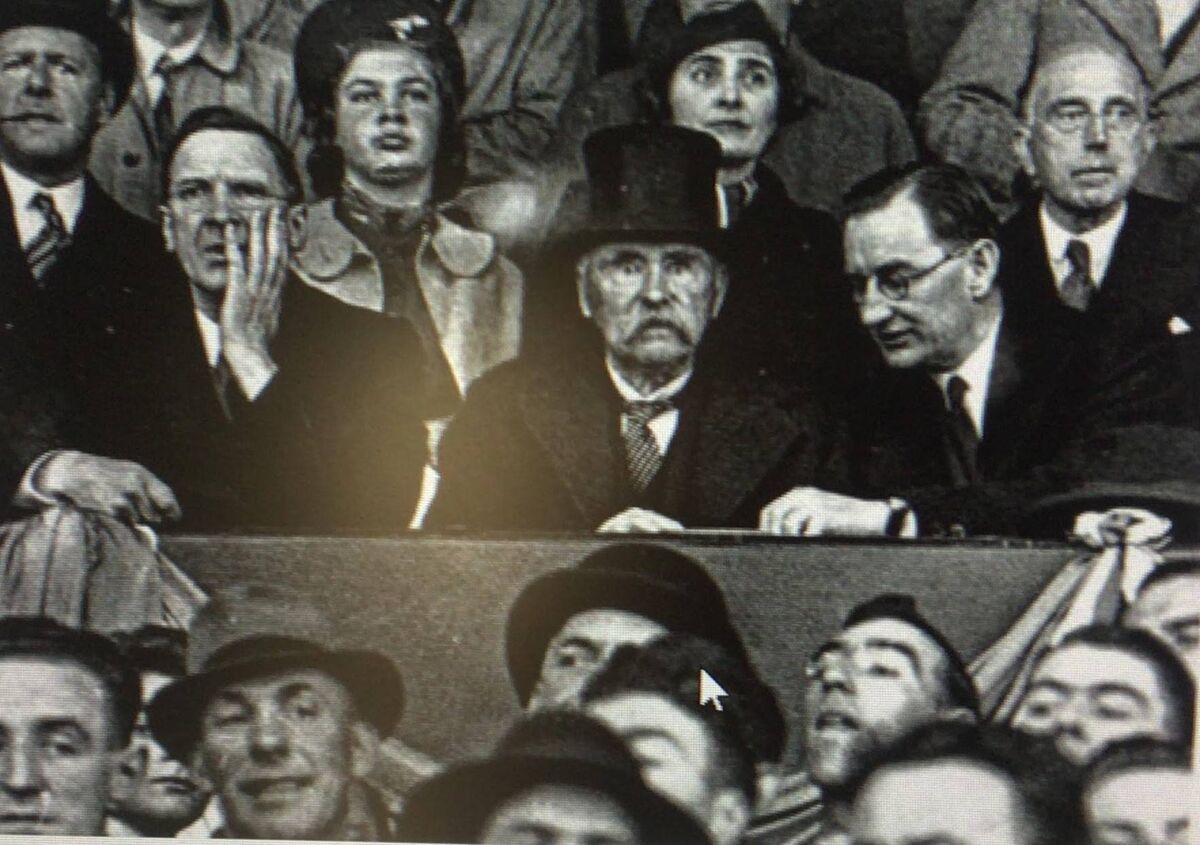
The president appoints taoisigh at the nomination of the Dáil and cannot refuse a nomination. Similarly, they appoint ministers, at the taoiseach’s nomination, and cannot refuse. They appoint the judiciary, but on the advice of government, and this is a restriction that applies to most presidential functions.
The president represents the country, but cannot leave without government permission, as Mary Robinson discovered in 1991, when Charles Haughey decided he didn’t want her going to England to deliver the BBC Dimbleby lecture, for fear of what she might say.
It could be argued that the president has only two real powers of serious consequence.
The president signs bills in to law, which is a ceremonial function, as they cannot veto a bill once the Dáil and Seanad have passed it. However, the president has the power to refer a bill to the Supreme Court to test its constitutionality. If it is found to be constitutional the president must sign it in to law, and its constitutionality can never again be challenged.
The second power has never been exercised, although its non-exercise once almost resulted in a constitutional crisis.
Convenes
A president convenes and dissolves the Dáil at the advice of a taoiseach and can only refuse a dissolution when a taoiseach has lost the confidence of the Dáil.
On the evening of January 27, 1982, taoiseach Garret FitzGerald went to Áras an Uachtaráin to seek from the president, Patrick Hillery, a dissolution of the Dáil, while the Fianna Fáil front bench issued a statement encouraging the president not to grant a dissolution and instead to allow Fianna Fáil to form a government.
The English version of the Constitution states that the president can refuse a dissolution “in his absolute discretion”, whereas the Irish version says “as a chomhairle féin”, which is usually translated as “under his own counsel”. Where there is a conflict between the Irish and English versions of the Constitution, the Irish version takes precedence, and “under his own counsel” has been interpreted as meaning that the president cannot be influenced by others in the execution of this particular duty.
Reputedly outraged at the attempt to bully him, Hillery granted FitzGerald the dissolution of the Dáil. So, what’s the money like? Well, it’s eye-watering. When the President, Michael D Higgins, was elected, the salary was €249,014, and although Michael D is entitled to a full “personal remuneration” of €325,507, he chooses to receive that lower sum. Still, bed and board in Áras an Uachtaráin and an additional €317,434 for expenses probably ease any hardship.
Ballot paper
If you’re really considering a run for the Áras, you’ve probably already decided you’re exactly the right person for the job and once the electorate see your name on the ballot, they’ll fall over themselves to vote for you. Hold your horses. That might well be true, but your first hurdle will be getting your name onto the ballot paper.
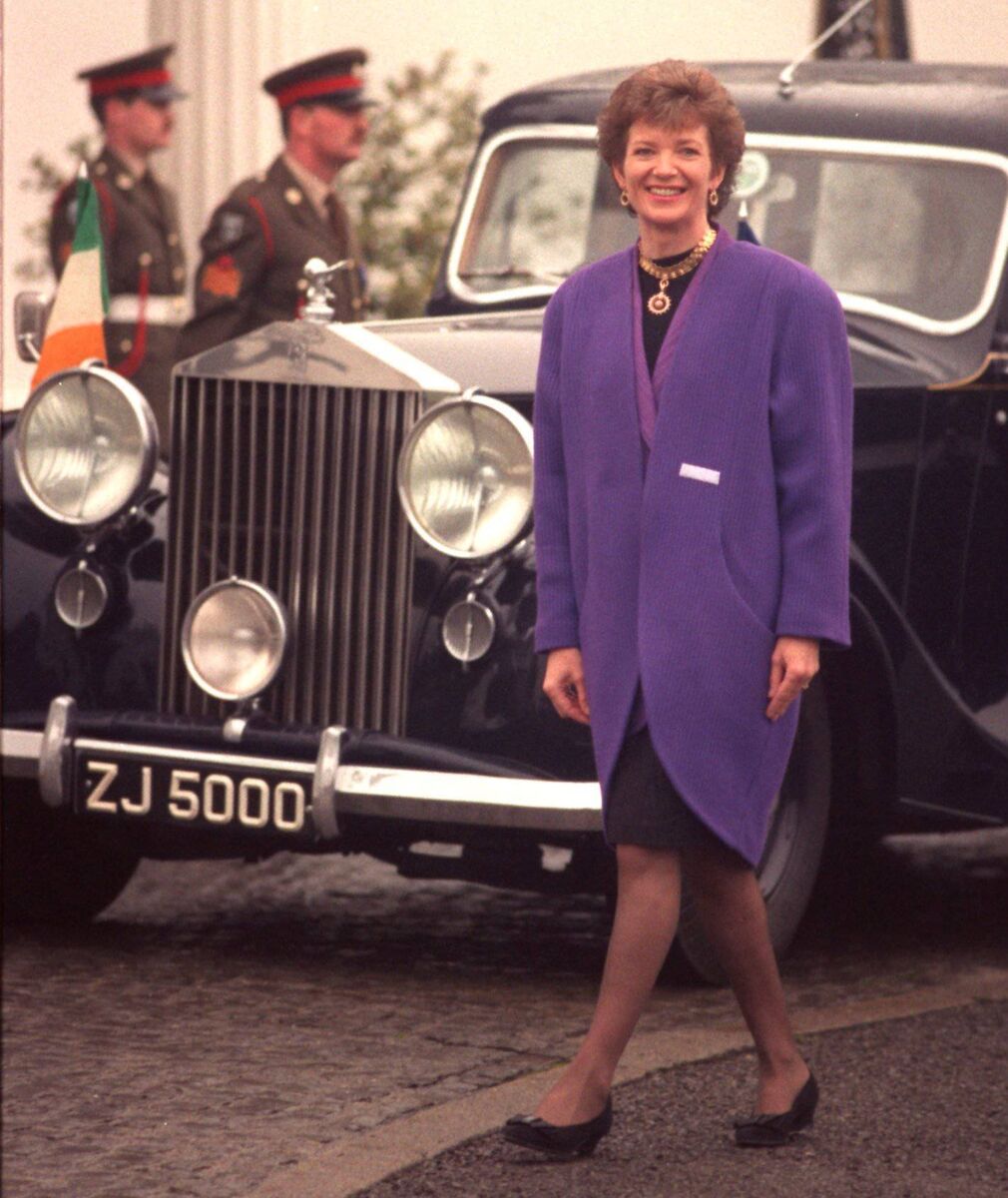
Presidential candidates must be nominated by at least 20 members of the Oireachtas, of which there are currently 234 members, or by at least four of the 31 county and city councils.
The interview process is absolutely brutal.
Presidential elections have always been pretty rough, but they’ve become a complete bloodsport in recent years.
If you want to run for president, then be prepared for utterly humiliating levels of public exposure. Expect to see on full view every bad-tempered, half-drunk tweet, every off-colour joke, every sly dig, every grubby exchange and every dirty deed. Every enemy and ex, every crank and crackpot, everyone will come after you. A month of that won’t be long knocking the shine off of half a million a year, a full-time Garda driver and a free gaff in a city centre mansion.
Legacy
Finally, should you succeed in becoming president, you’re probably already worried about your legacy.
You’d be doing well to top that of our third president. Although Éamon de Valera remains a controversial figure, he has achieved a rare immortality and his name will survive even if the Earth is destroyed.
His 1969 message to Nasa, on behalf of the people of Ireland on the occasion of the first moon landing, rests — alongside those of 72 other world leaders — on the lunar surface: “May God grant that the skill and courage which have enabled man to alight upon the moon will enable him, also, to secure peace and happiness upon the Earth and avoid the danger of self-destruction.”
Follow that.
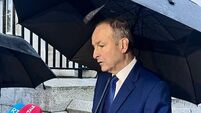
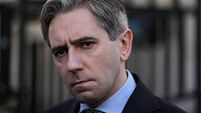
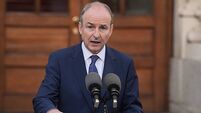
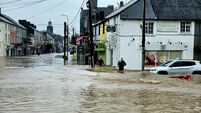


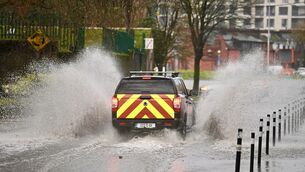



 App?
App?


